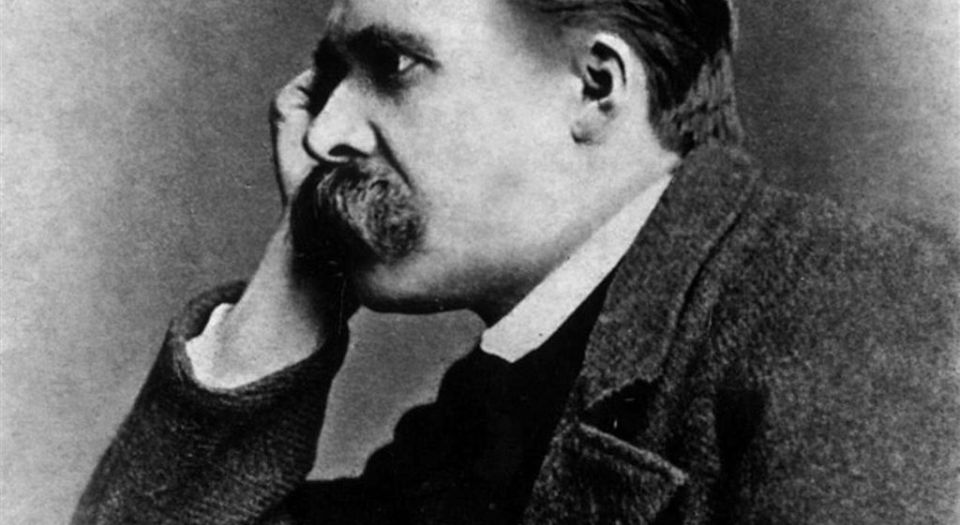Mindful
Diamond Member
- Banned
- #1
The 21st century has seen the dawn of
the new digital age of hyper-connectivity, censorship on campuses, religious funda- mentalism and political populism against “the elites”. It’s an age in which Nietzsche’s ideas are acutely relevant. He was a radical individualist who scorned the base thinking of groups, who spurned resentment and ideologies. If Nietzsche railed against the “herd” mentality, lamenting the expansion of democracy in his own times, he would today be aghast at the incessant chatter of social media today. “O you poor devils in the great cities of the world, you gifted young men tormented by ambition who consider it your duty to pass some comment on everything that happens”, he wrote in 1881.
In an age of Twitterstorms and trolling, his words on the dangers of mob-rule are pertinent. He had warned of the “lustful greed, bitter envy, sour vindictiveness” that characterised “mob pride”. He would have agreed that we needed “digital detox”, esteeming as he did quiet and solitude.
“Live dangerously” is a declaration that students of today with their “safe spaces” and books with “trigger warnings” would do well to take heed. Nietzsche wrote about the aggressive morality of self- proclaimed victims, which we should bear in mind when people complain about being “offended” and their feelings being “hurt”, and demand censorship as recompense.

 i-m-magazine.com
i-m-magazine.com
In an age of Twitterstorms and trolling, his words on the dangers of mob-rule are pertinent. He had warned of the “lustful greed, bitter envy, sour vindictiveness” that characterised “mob pride”. He would have agreed that we needed “digital detox”, esteeming as he did quiet and solitude.
“Live dangerously” is a declaration that students of today with their “safe spaces” and books with “trigger warnings” would do well to take heed. Nietzsche wrote about the aggressive morality of self- proclaimed victims, which we should bear in mind when people complain about being “offended” and their feelings being “hurt”, and demand censorship as recompense.

Nietzsche for our times
The German philosopher Friedrich Nietzsche (1844-1900) is best known for his declaration that “God is dead”. These words appear in ...

